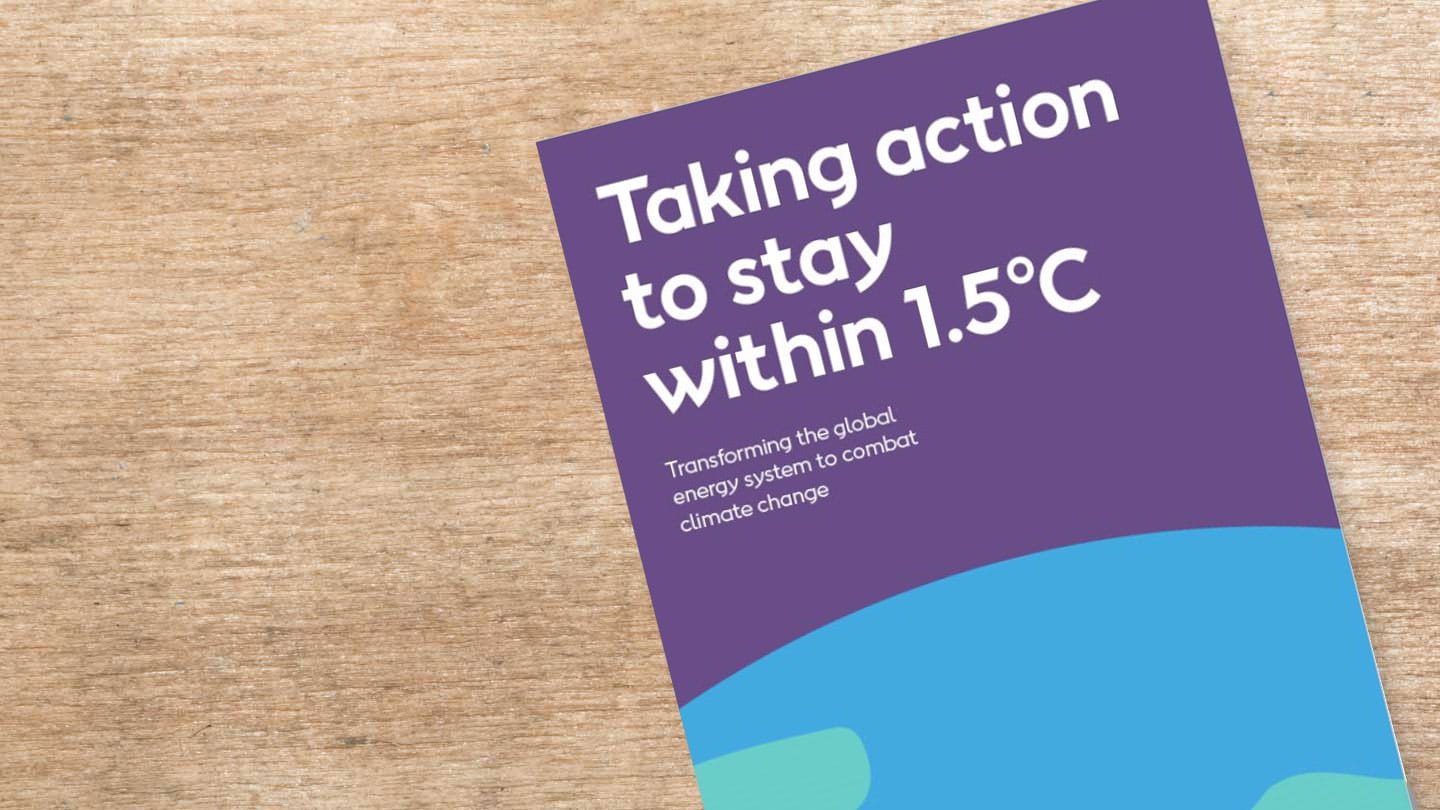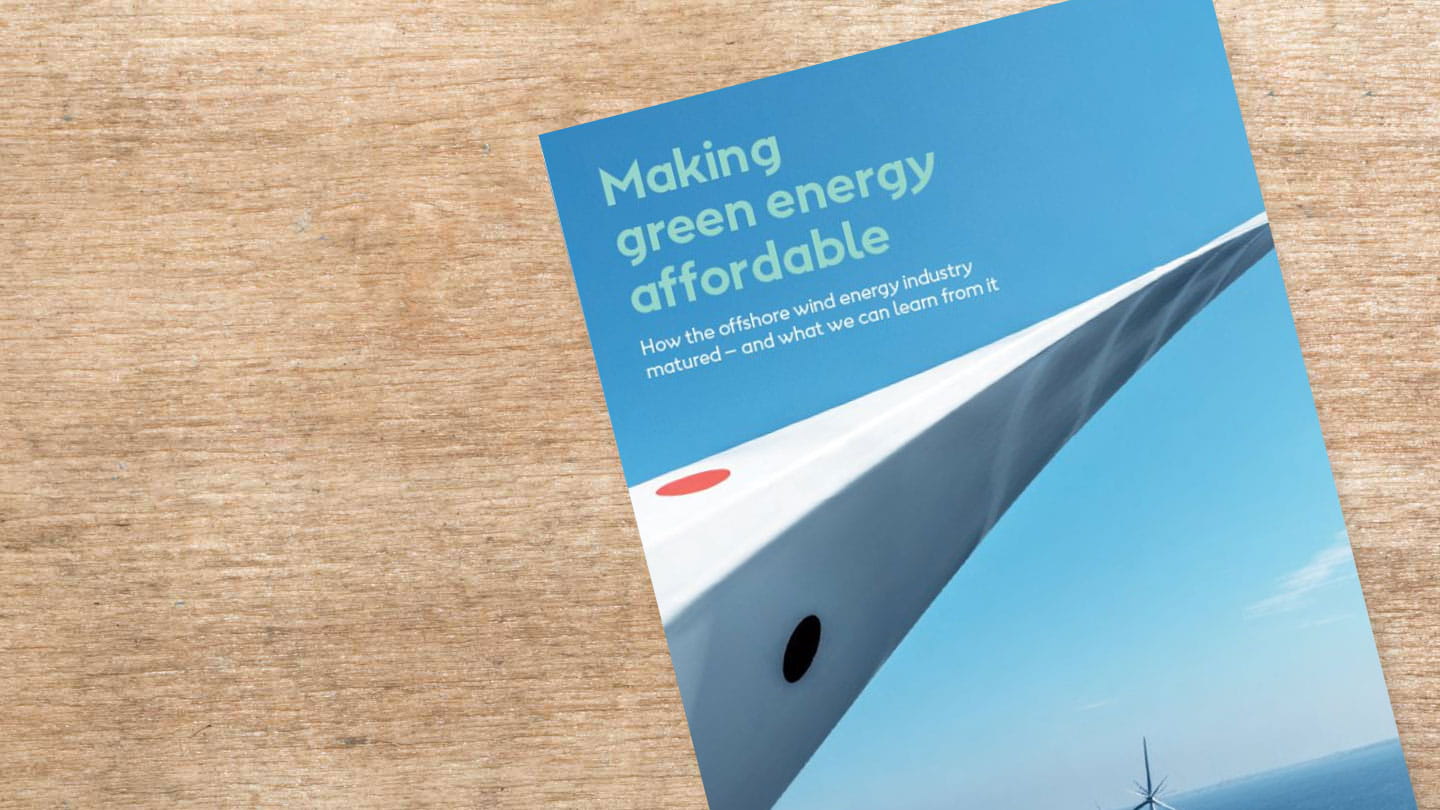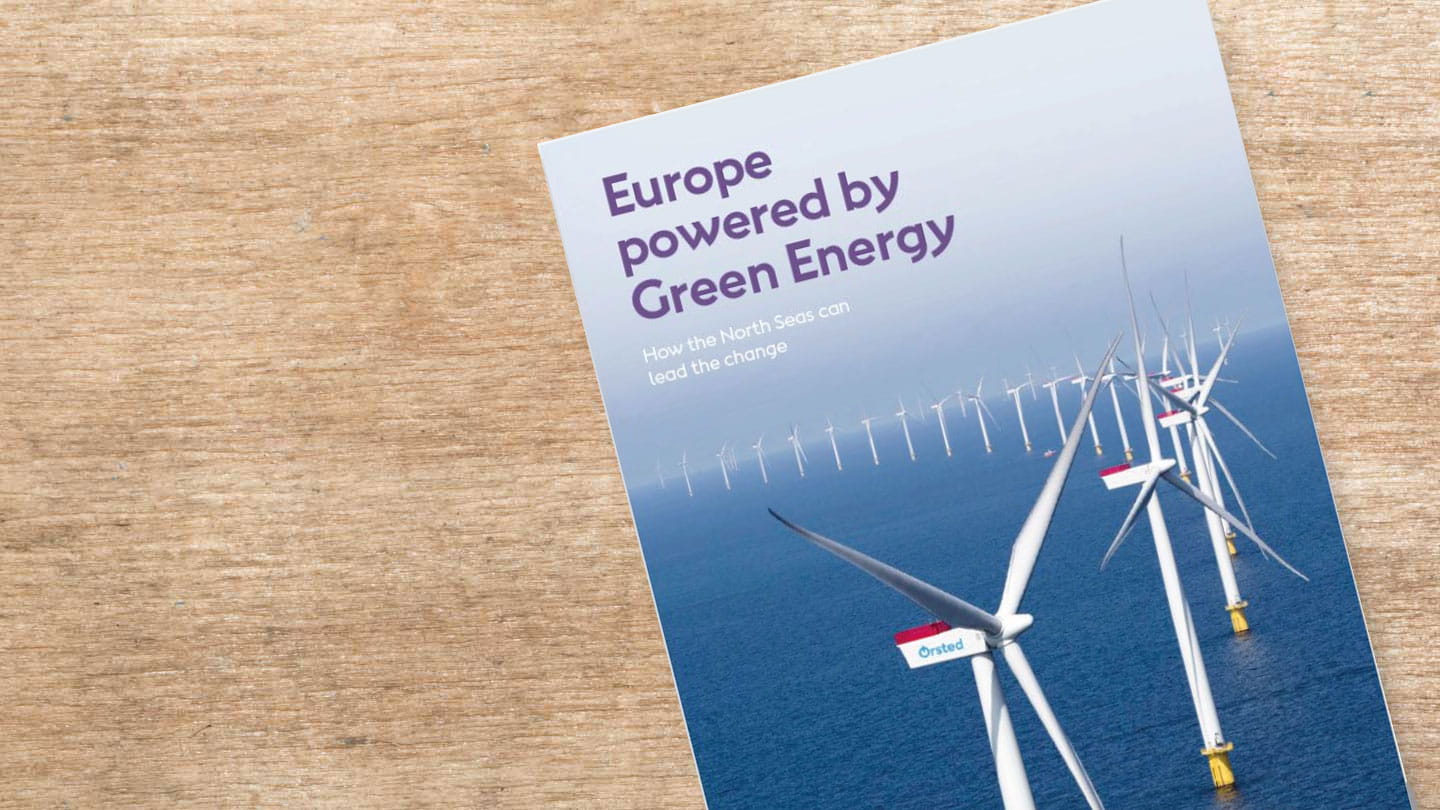|
Download the working paper
To meet the goals of the Paris Agreement – keeping the average global temperature rise below 1.5°C – greenhouse gas emissions need to be halved by 2030 and eliminated by mid-century. As the production and use of energy currently generates around 73 % of global emissions, countries must urgently decarbonise their power sectors and increase the share of renewable energy capacity by at least six times the current rates by 2030.
A renewable energy future is within our grasp: the technology is now widely available and cost-effective in most places around the world. But the current rates of deployment remain well below what is required to avert the worst impacts of climate change. The private sector is poised to invest billions of dollars to massively speed up, scale and support the energy transition. However, many investors, particularly in the private sector, are deterred by some of the risks related to renewable energy investments. As the energy transition is likely to be financed largely by the private sector, governments must work with the private sector to remove barriers and incentivise investment in renewable energy.
Some of the highlighted solutions in the paper are:
- Establish ambitious long-term renewable energy targets and market design that provides certainty for investors.
- Garner strong public support through inclusive, timely, and transparent planning.
- Manage resource availability and improve grid connections.
Interested in getting to know more?
Please do send us an email if you have any questions or enquiries about the content of this paper. Our Global Public Affairs team is here to help.
Contact us
|



